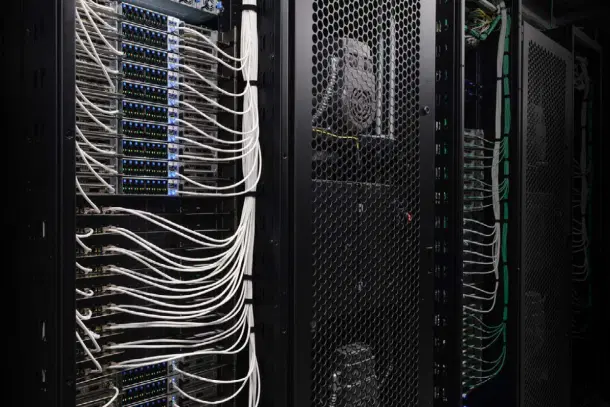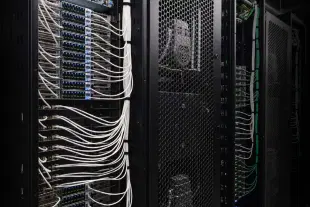News Brief
Nvidia's Advanced AI Chips Worth $1 Billion Smuggled To China Despite US Export Controls: Report
Swarajya Staff
Jul 25, 2025, 10:58 AM | Updated 11:03 AM IST
Save & read from anywhere!
Bookmark stories for easy access on any device or the Swarajya app.


In the three months following tightened U.S. export controls under the Trump administration, at least $1 billion worth of Nvidia’s advanced artificial intelligence (AI) chips, primarily the B200 model, were smuggled into China, according to a Financial Times report.
This development highlights the challenges Washington faces in curbing Beijing’s access to cutting-edge semiconductor technology.
The B200, a high-demand processor used by US tech giants like OpenAI, Google, and Meta for training advanced AI systems, has become a centrepiece of a thriving black market in China.
Despite US restrictions banning its sale to Chinese entities, the chip is widely available through distributors in provinces like Guangdong, Zhejiang, and Anhui.
According to the Financial Times, which reviewed dozens of sales contracts and spoke with individuals familiar with the transactions, the estimate total value of these illicit sales is over $1 billion.
The smuggling surge began in May, shortly after the Trump administration blocked sales of Nvidia’s less-powerful H20 chip, which was designed to comply with earlier Biden-era restrictions.
Chinese distributors quickly pivoted to selling restricted chips, including the B200, H100, and H200, often in pre-built server racks containing eight B200 chips and other components.
These racks, roughly the size of a large suitcase and weighing around 150kg, are sold for approximately RMB 3.9 million to 3.95 million (about $545,000 to $552,000).
One prominent player in this black market is an Anhui-based company, "Gate of the Era," founded in February amid speculation of impending US restrictions on H20 chips.
The company, linked to Shanghai-based China Century (Huajiyuan), has reportedly sold close to $400 million worth of B200 racks, sourced from US assembler Supermicro, though there is no evidence Supermicro was aware of or involved in the smuggling.
China Century, which claims partnerships with major Chinese tech firms like AICloud and Baidu Cloud, denied procuring Nvidia chips, stating it focuses on "smart city work."
Nvidia has maintained that it has "no evidence of any AI chip diversion" and emphasised that smuggled chips lack official service and support, making them less viable for large-scale data centres.
However, industry insiders argue that the high performance and relatively easy maintenance of the B200 make it a prime target for smuggling, with some distributors even advertising future stocks of Nvidia’s upcoming B2000 chip.
The smuggling operations often route through Southeast Asian countries, though new US Commerce Department proposals could impose stricter controls on nations like Thailand as early as September.
Malaysia has already introduced tighter export restrictions targeting AI chip shipments to China.
Despite these measures, Chinese distributors remain confident, citing new routes through European countries and the lucrative nature of the trade.
While the recent relaxation of restrictions on Nvidia’s H20 chip has reduced black market sales of restricted models, demand for advanced chips like the B200 persists.
Chinese tech firms, particularly those on the US entity list or with limited compliance requirements, continue to rely on third-party data centre operators to access these chips, albeit on a smaller scale compared to global tech giants.
The ongoing smuggling underscores the inefficiencies created by US export controls, which fail to fully block China’s access to advanced technology while fueling profits for intermediaries willing to take risks.




